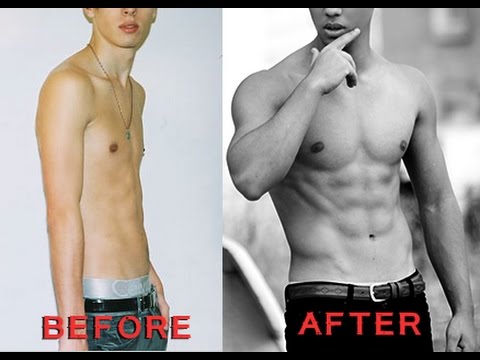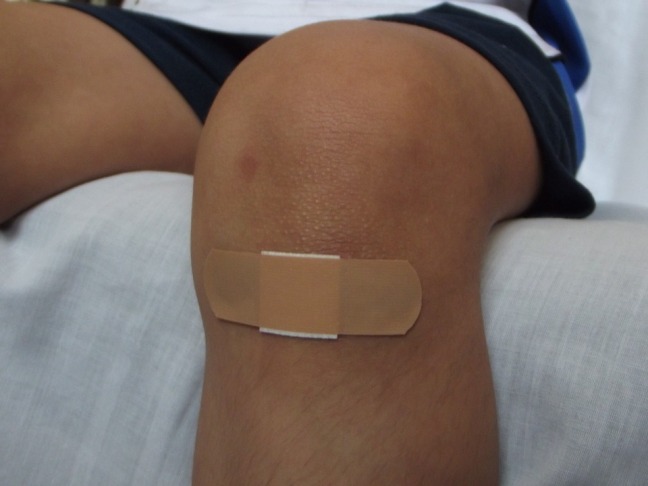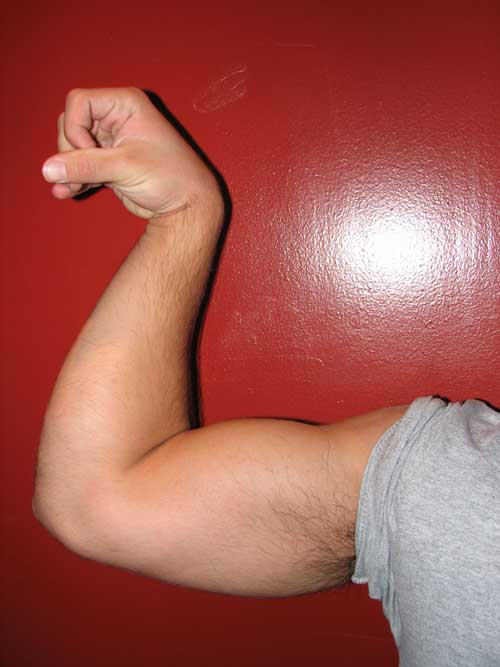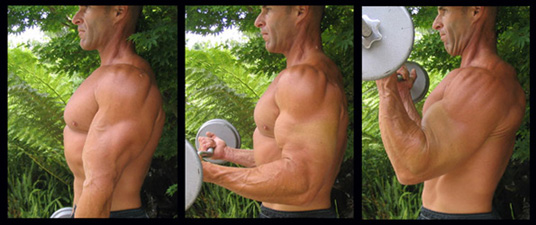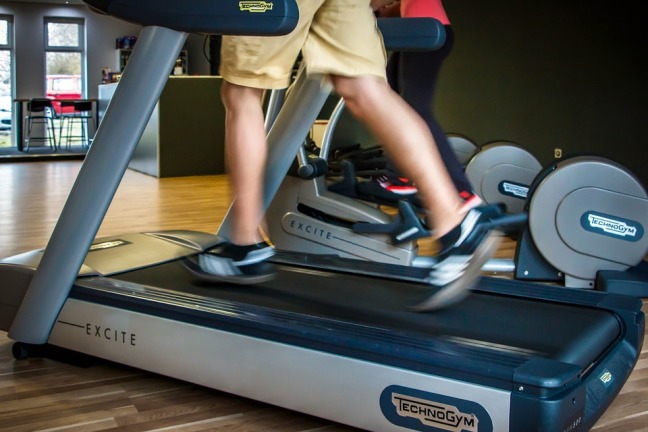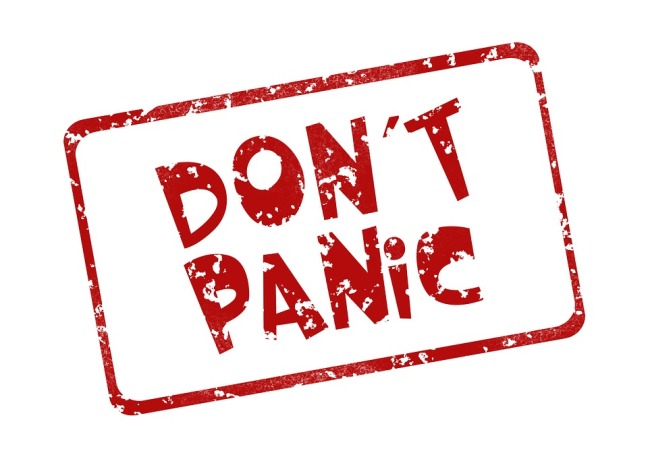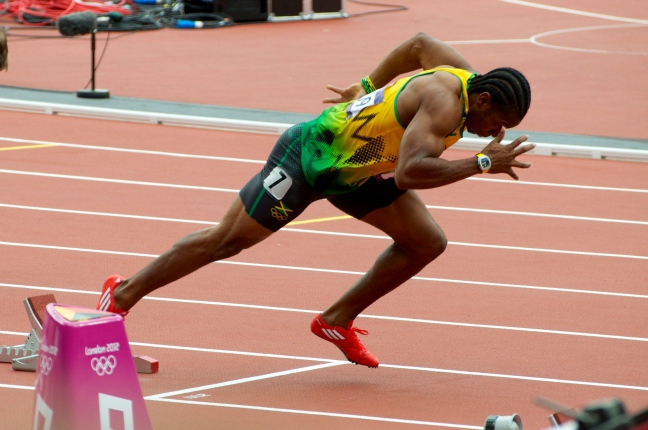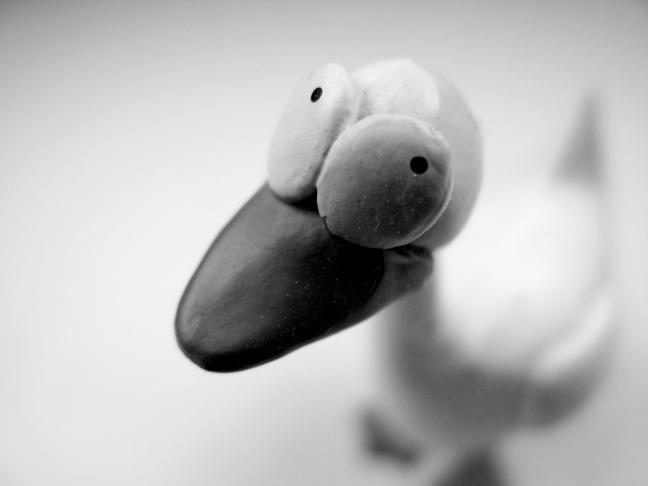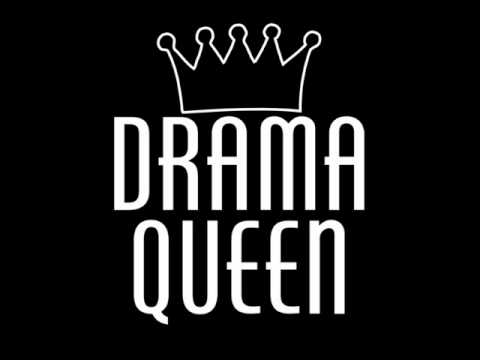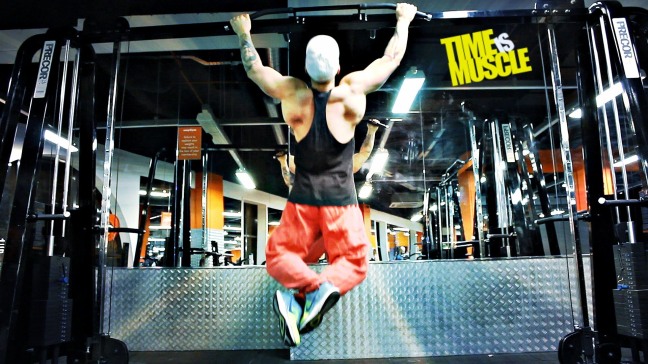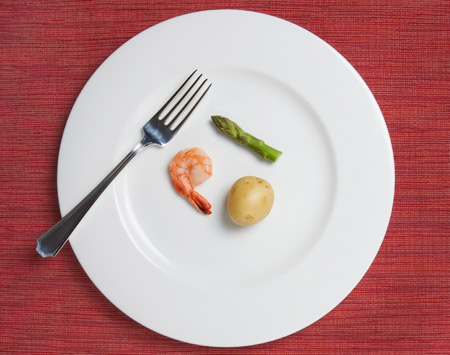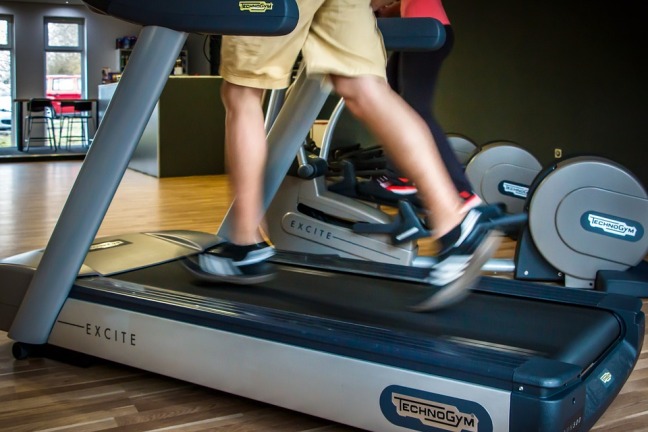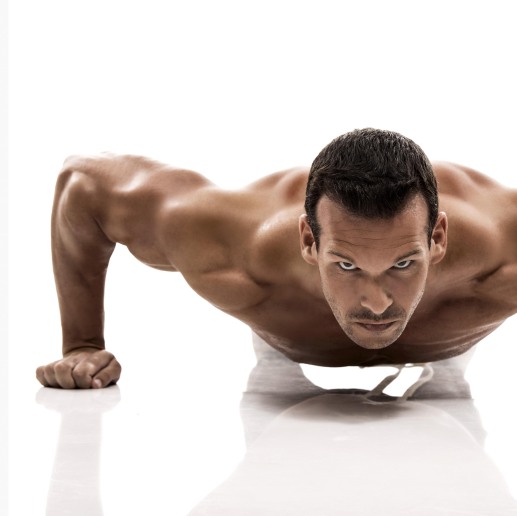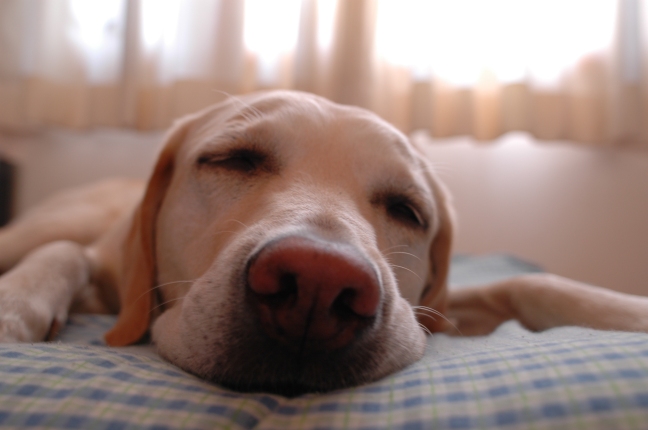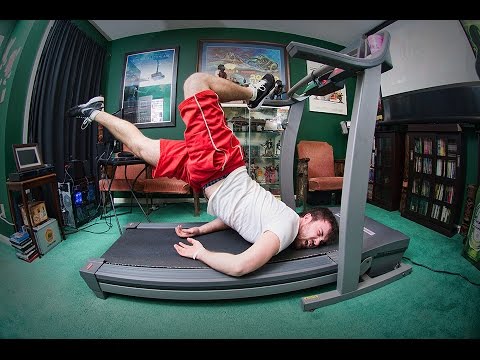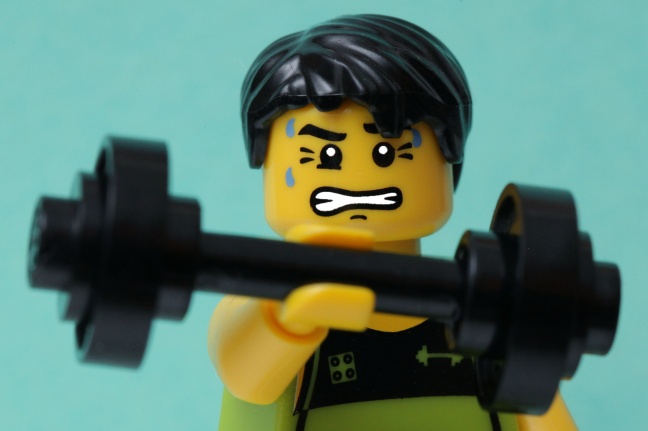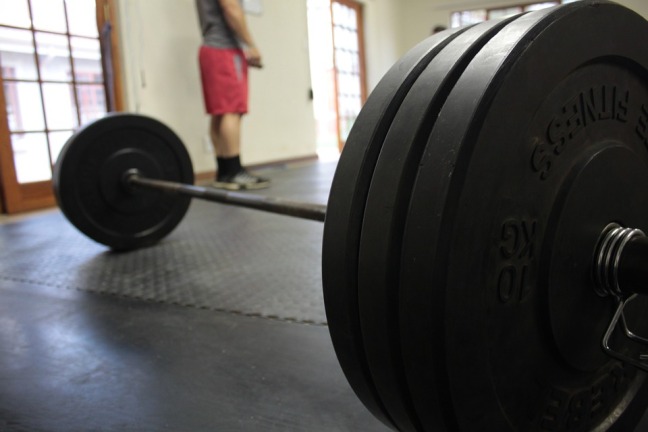MAN, AM I STUBBORN
I’m sure you could have guessed this just from reading a few of these blog posts. Indeed, that stubbornness extends farther than just in the gym. It’s hard for me to stay of the gym, whether it be soreness, injury, or even sickness.
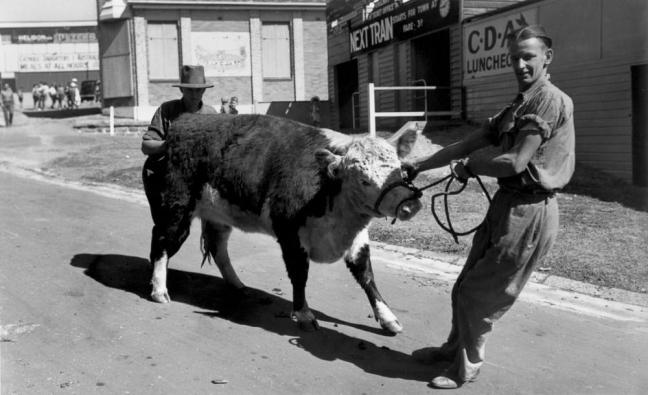
With that being said, I truly push myself to be the best that I can be, in and out of the gym. So when I get sick, I don’t necessarily react the best way possible…
It’s Not That Big of a Deal
What am I, a sissy? It’s just a tickle in my throat. It’s not too bad.
I’m going to make this perfectly clear: I will not let sickness keep me away from my gains! Though I may have the sniffles, I’m still going to lift heavier than I’ve ever lifted before! Grow stronger than ever imaginable! Crush weights that try to stand in my way!
HA HA HA HA HA HA HA HA HA!
Now It’s a Big Deal
Okay, now I’ve become a sissy. Call me an ugly-duckling because I feel HORRIBLE.
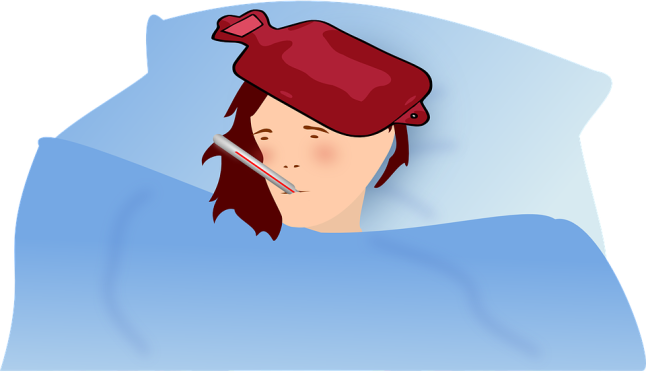
I’m not sure how I got to this point, but now I can’t get out of bed. I’m truly amazed at how the sniffles turned into the full on flu. I couldn’t eat, could barely sleep, and was doing a better job at keeping things out more than in (sorry for the TMI).
So where did I go wrong? Why am is my body become a sess-pool of nasty.
WHEN TO REST AND WHEN TO WORK
The key to knowing when to rest and when to work is leaning and listening to your body. Sure there are some situations when it’s acceptable to work out and exercise. However, there are more frequent situations when dealing with sickness when you cannot engage in exercise at all.
You should note however that in most situations, it is not okay to exercise due to the fact that your body does not concentrate on getting better, instead it focuses on repairing muscle tissue. Although there is no clear scientific explanation sickness and working out, let’s explore some situations when it’s okay to exercise.
*Note: I am not a doctor. I know how my body operates and which situations I can lift and when I cannot. With that being said, the rest of this blog should be considered advice from personal experience(s), and not actual certified/professional recommendations.
Situations When It’s Okay
Thomas Weidner, head of athletic training at Ball State University, believes a great way to know when it’s acceptable to exercise is to perform what’s called a neck check. When conducting a neck check, you to whether to exercise or not if your symptoms are above the neck. Such symptoms include: sneezing, sore throat, and runny nose. This conclusion can be taken from two different controversial studies where subjects were infected with the common cold. The subjects were in a controlled environment, and their symptoms were no worse (or better) for exercising while being sick. In fact, the group that exercised, versus the group that didn’t, reported feeling slightly better after exercising (possibly from endorphins).
So, if you’ve got a simple head cold, it’s generally acceptable to workout, just try not to push yourself past your limits.
Situations When It’s Not
This isn’t going to come as a surprise, but some key moments to realize when you’re way too sick to workout is by listening to your body. Such situations include: when you can’t keep food down, you have a fever, you’re contagious, and those are just to name a few. You’re body is obviously up-in-arms with sickness, and working out is definitely not going to help anything.
In times like these, you need to “lean” into your sickness. Accept that your sick, stay home, and rest up. Your body needs to focus on healing itself from its sickness, not repairing muscle tissue.
Always consult a doctor if you have any questions.
IN CONCLUSION
Should you workout while you’re sick? No. It’s just not smart and can do more harm than good. However, if you have some serious goals that you need to achieve, the sniffles aren’t going to cause you enough issues to worry about. Listen to your body, if lifting is going to cause you significant strain, then rest up. Always consult a doctor if you have any questions.
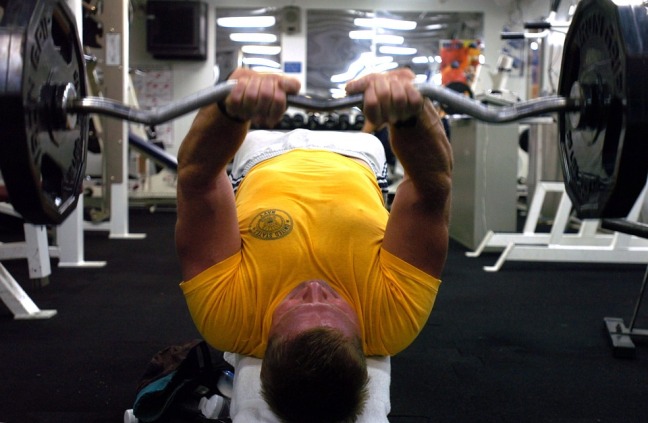
Do your research, get prepared, and get lifting!


